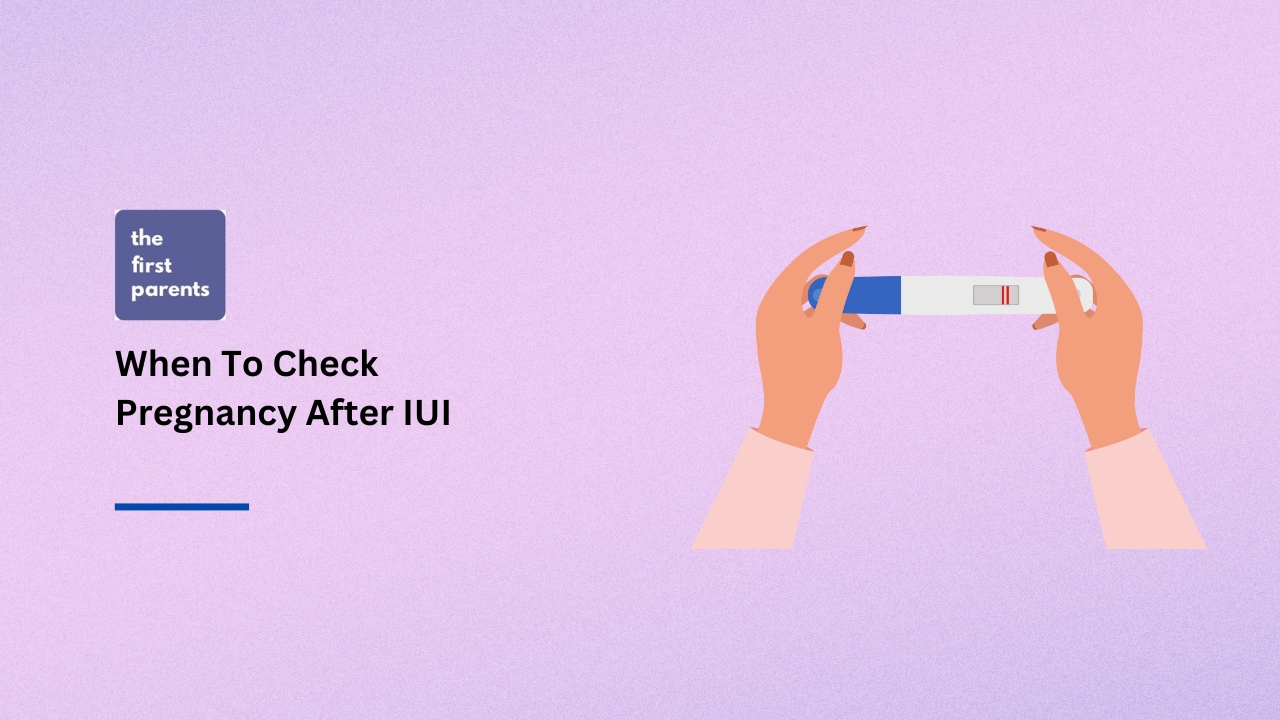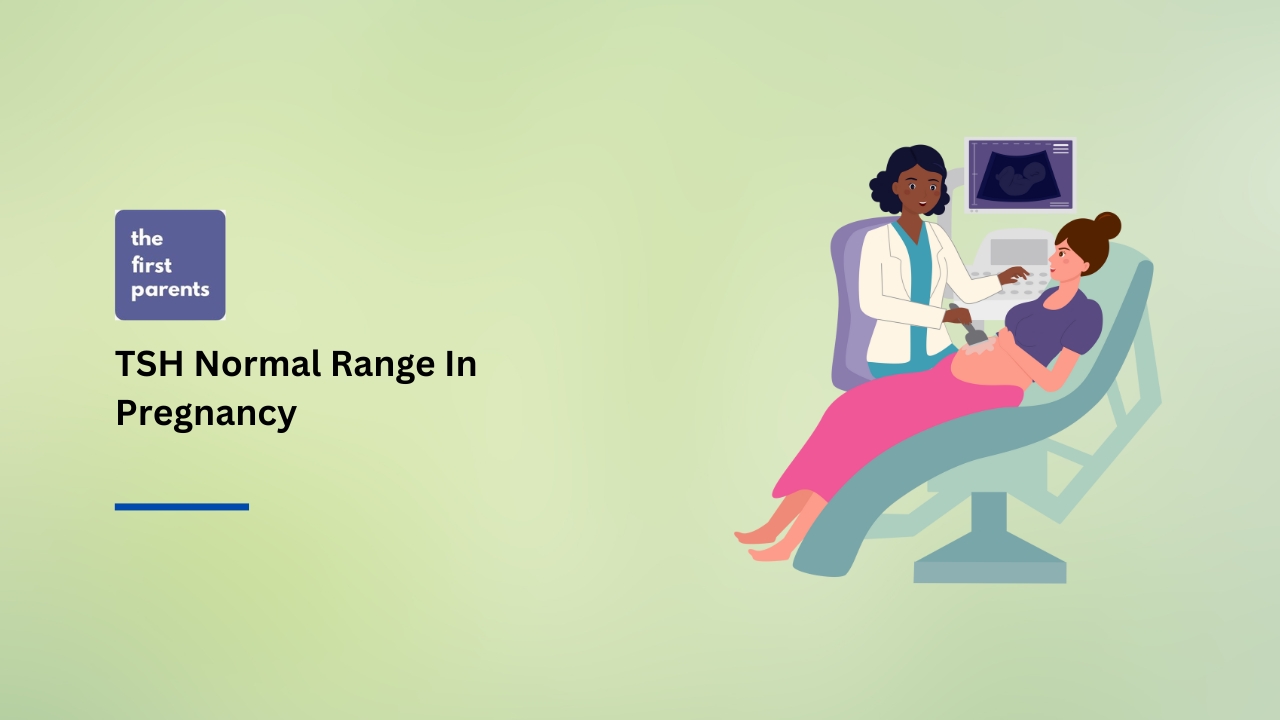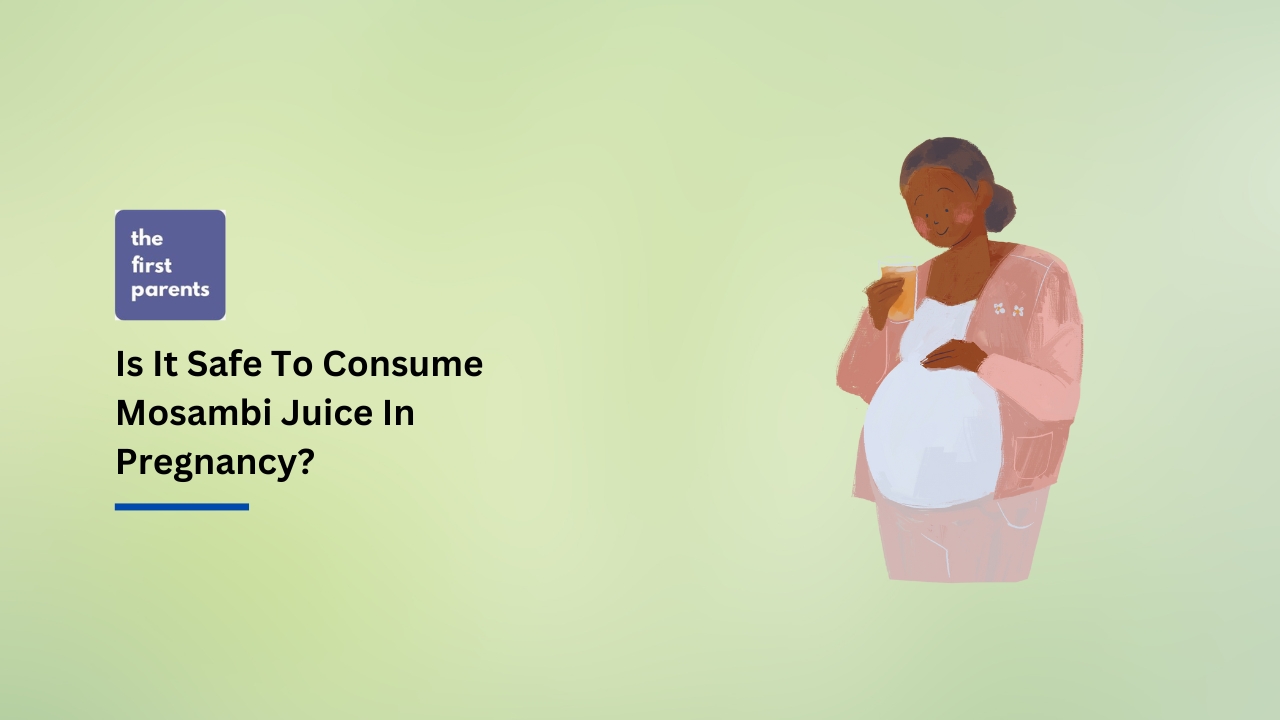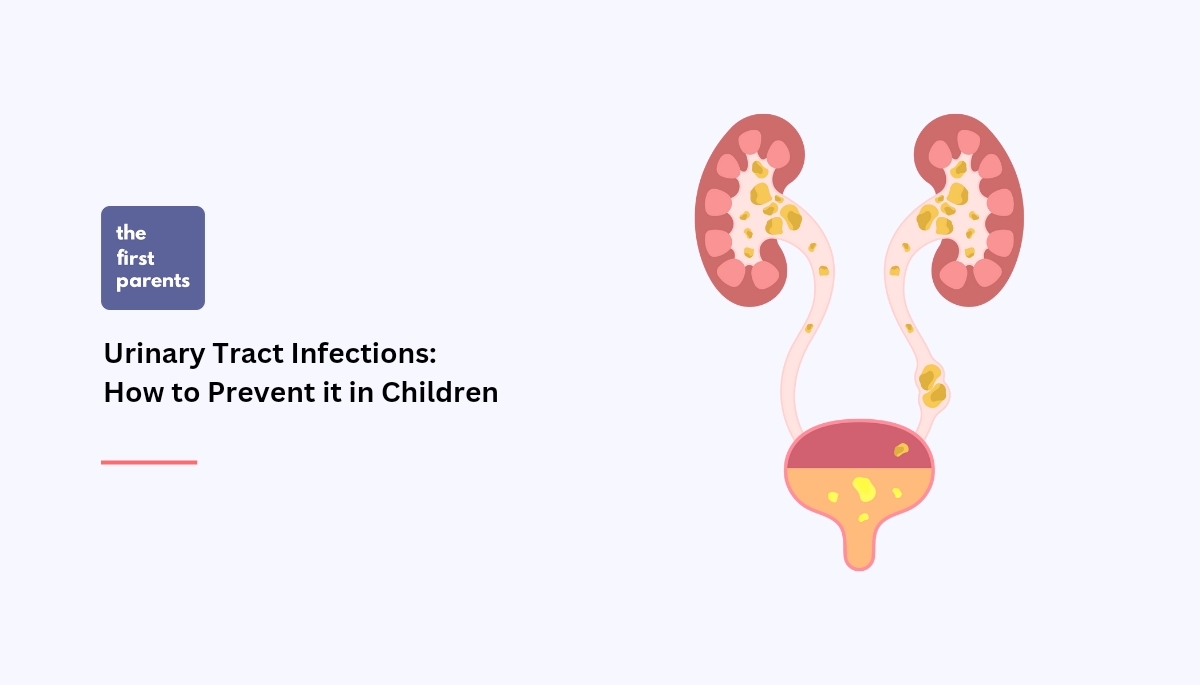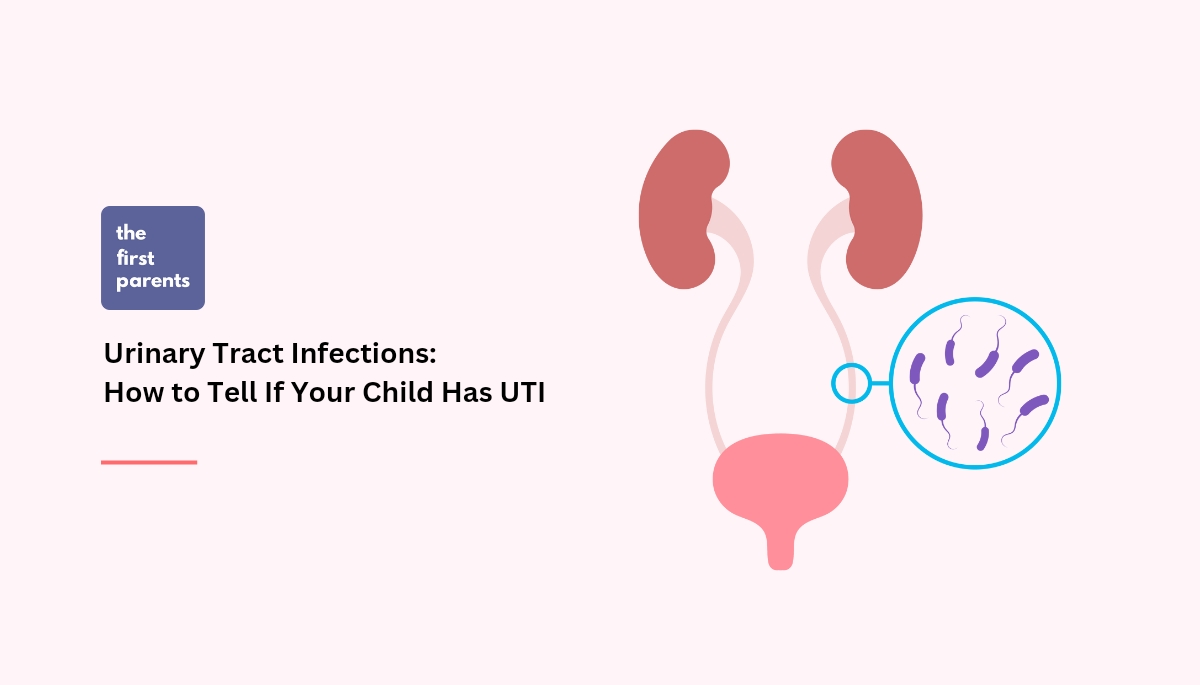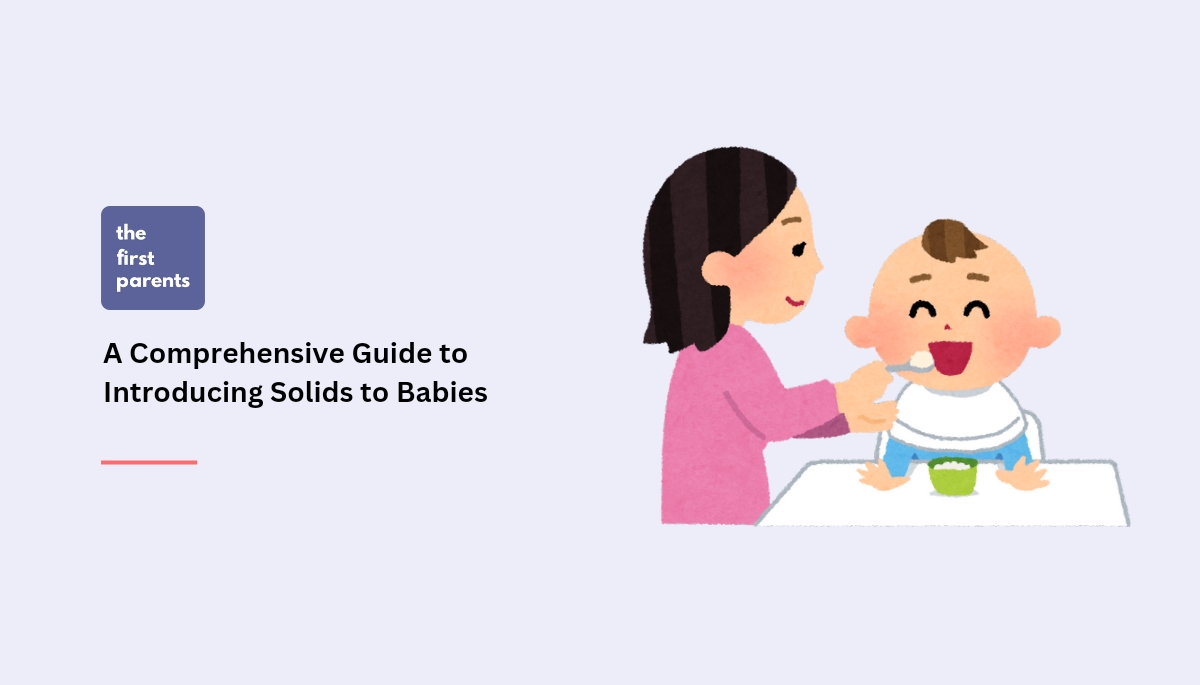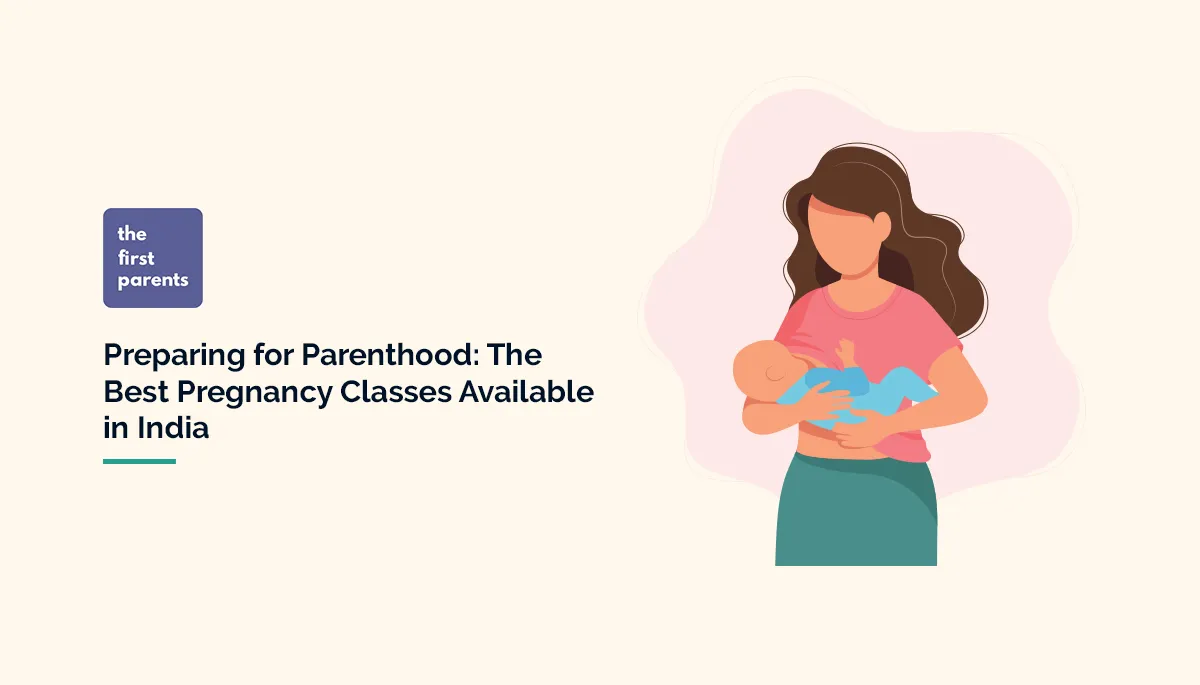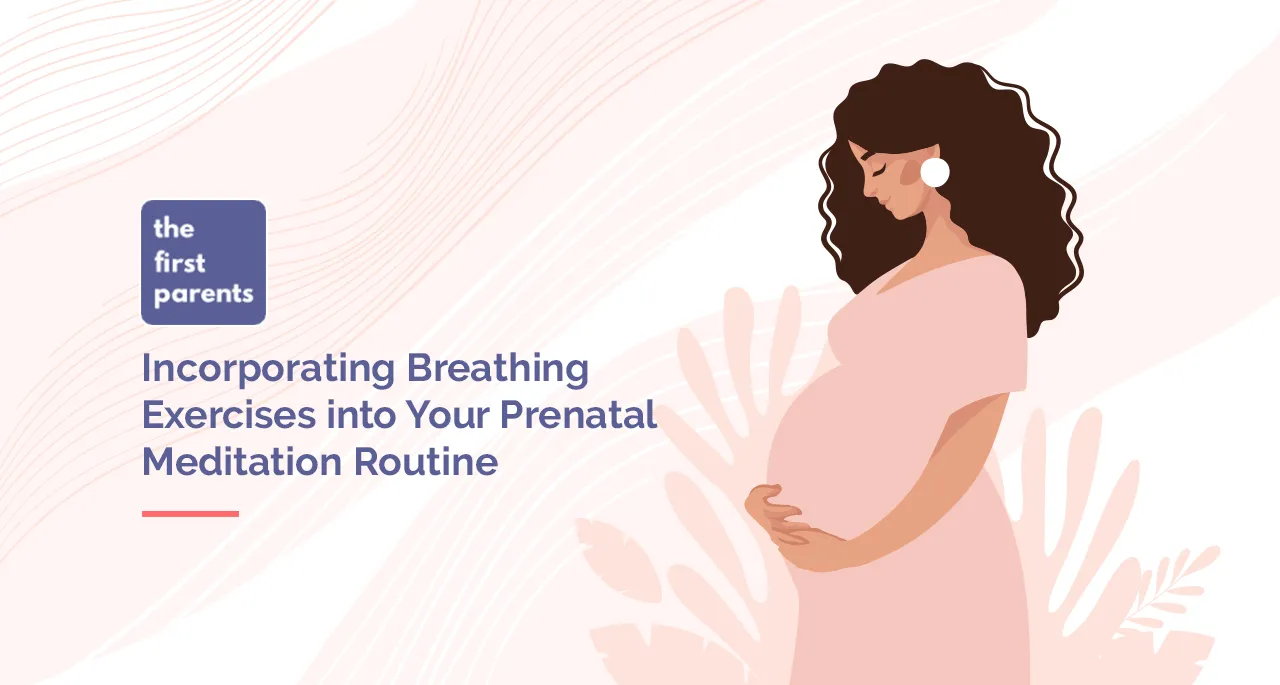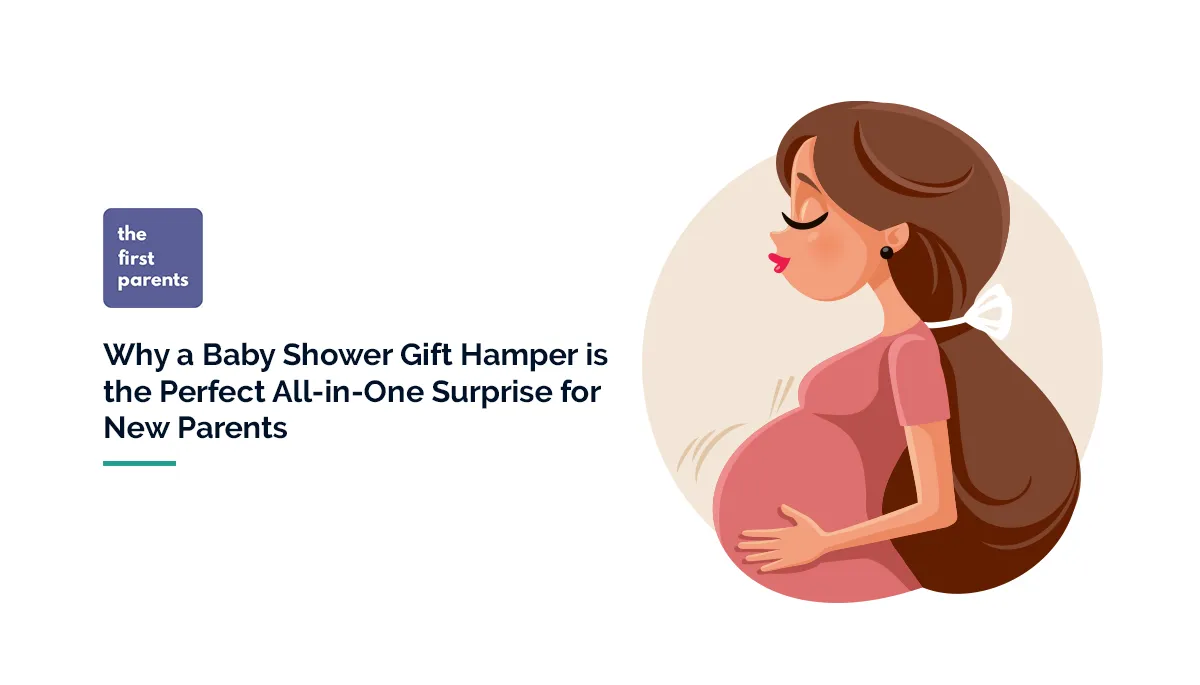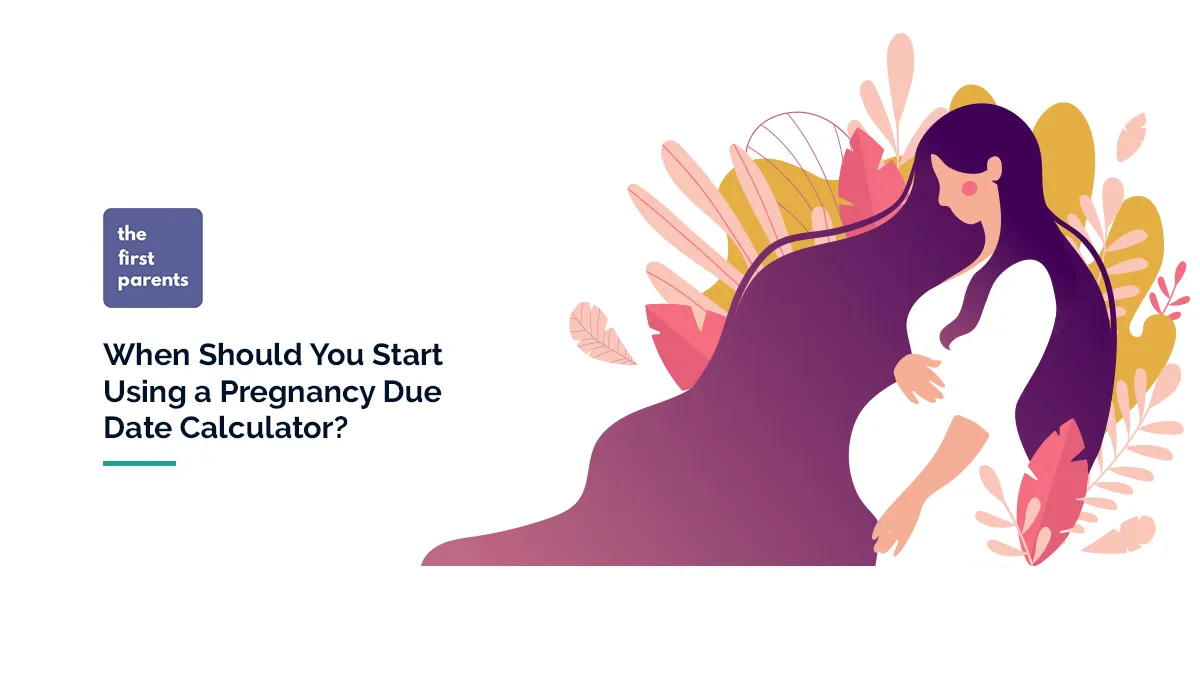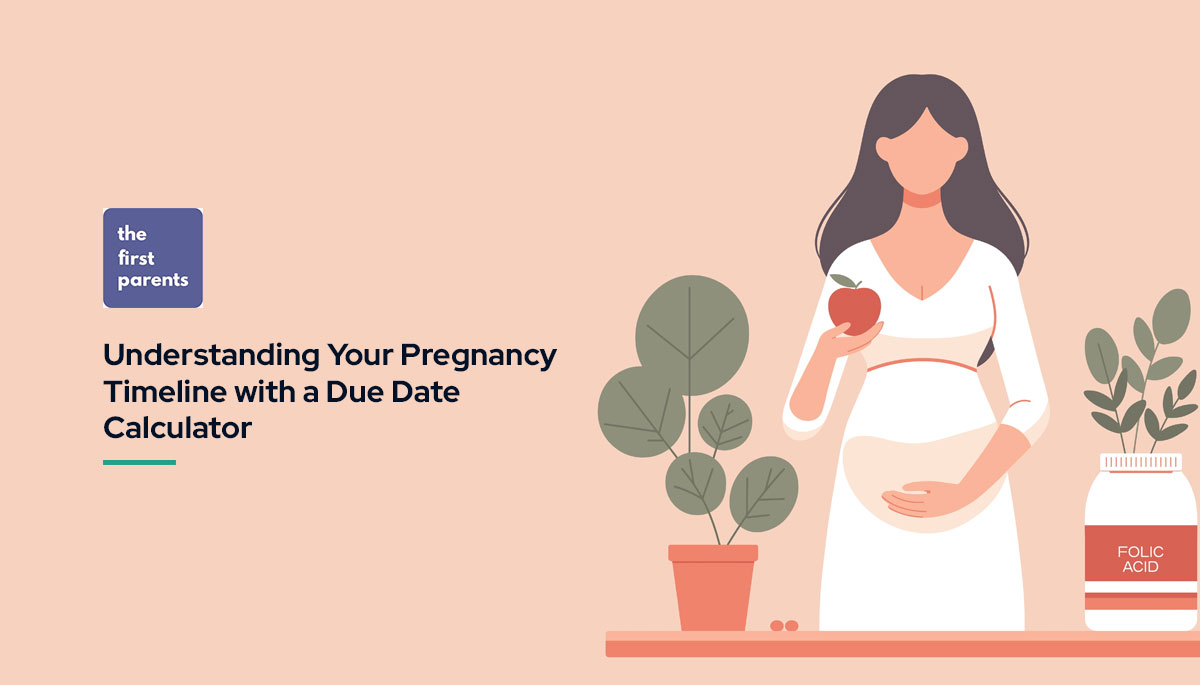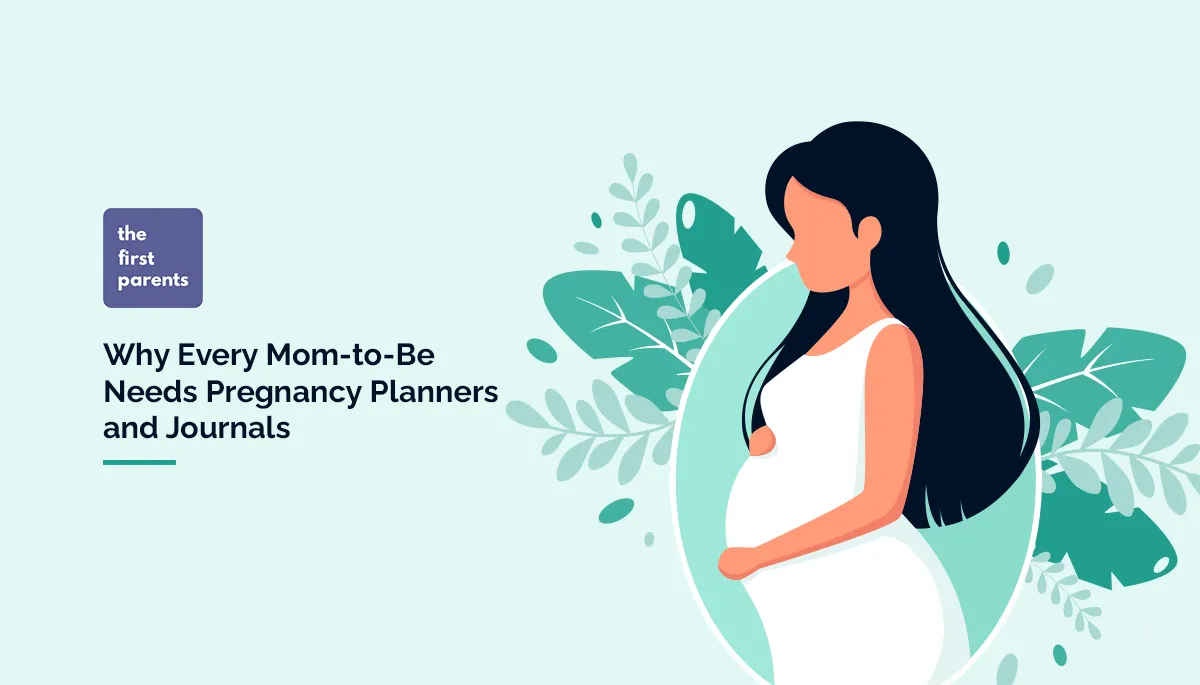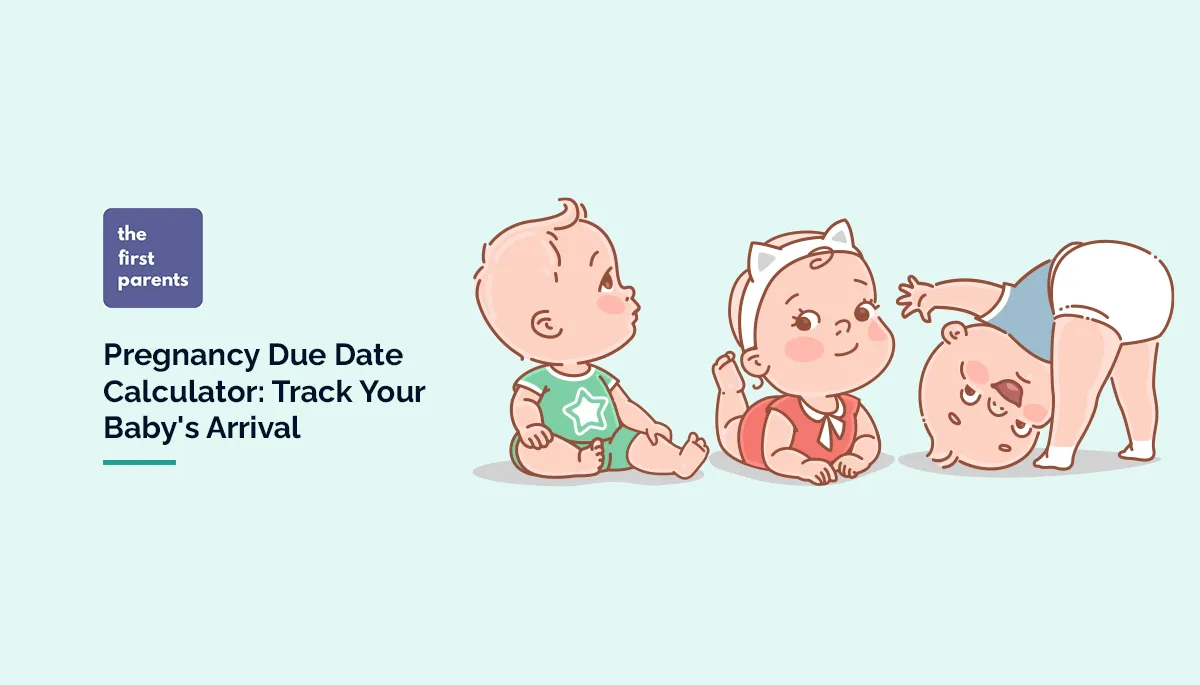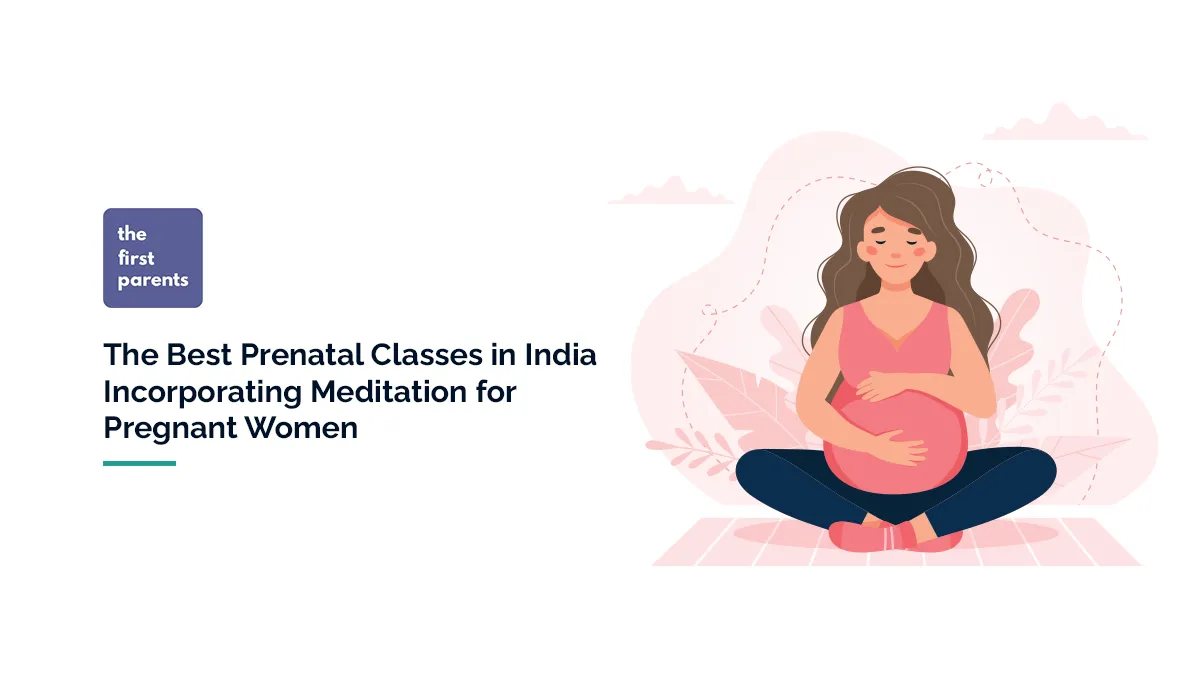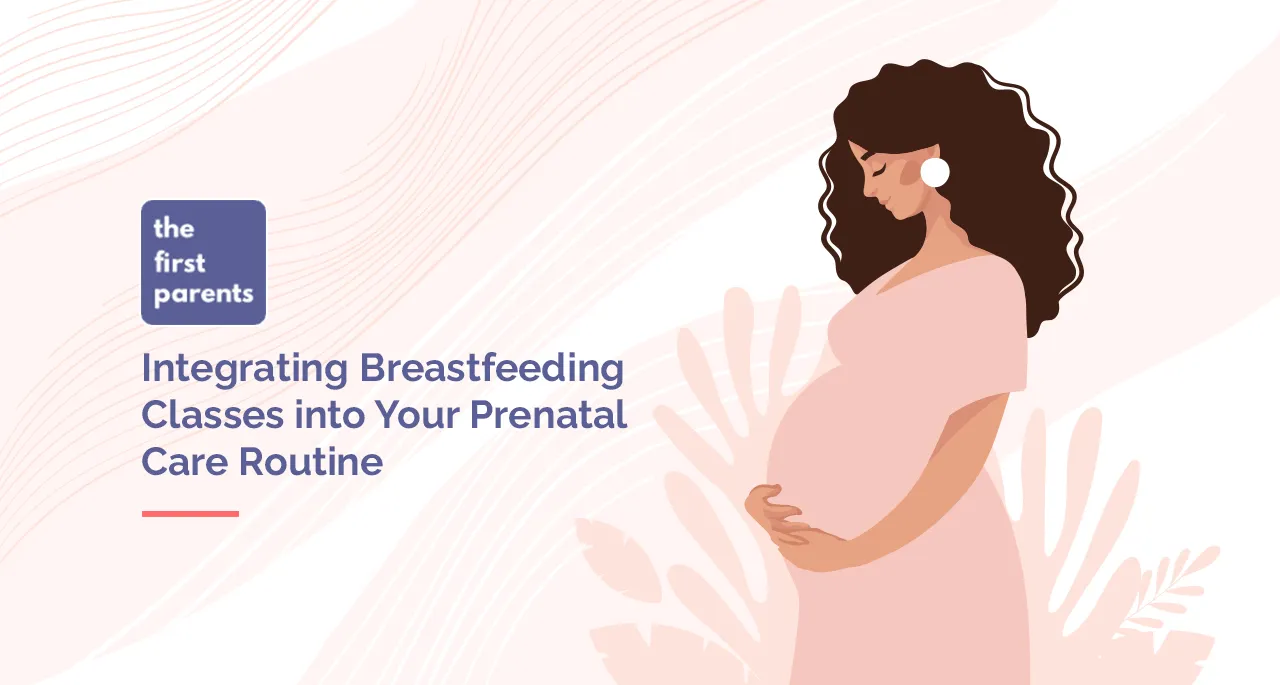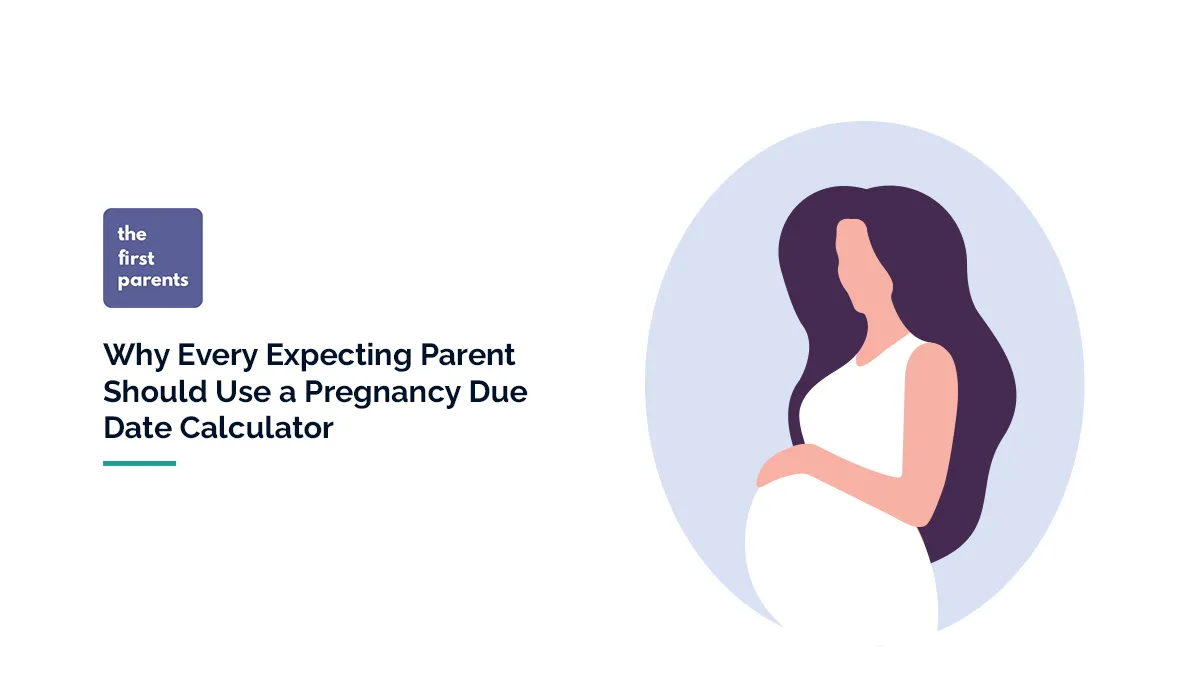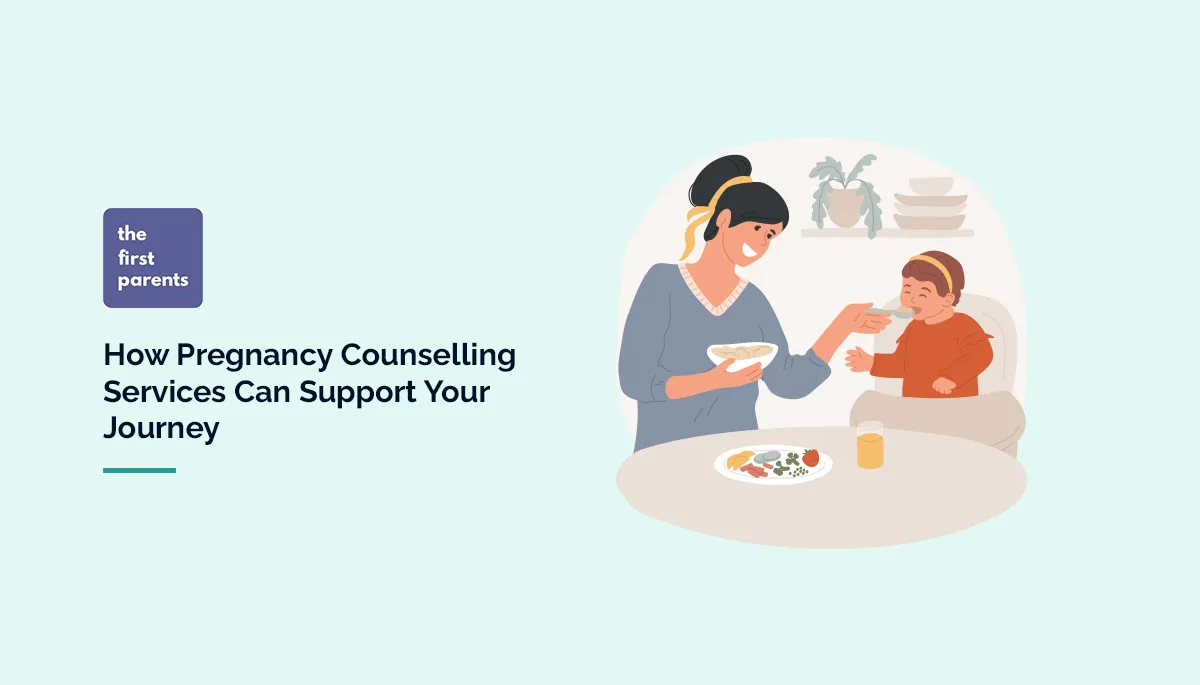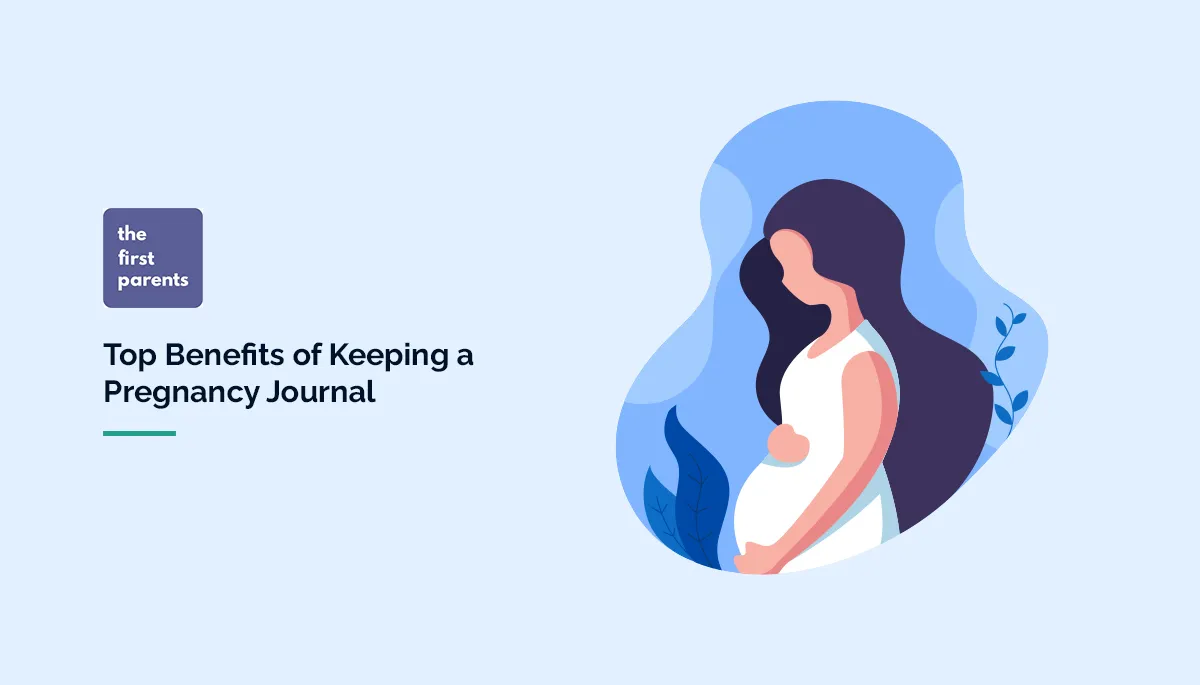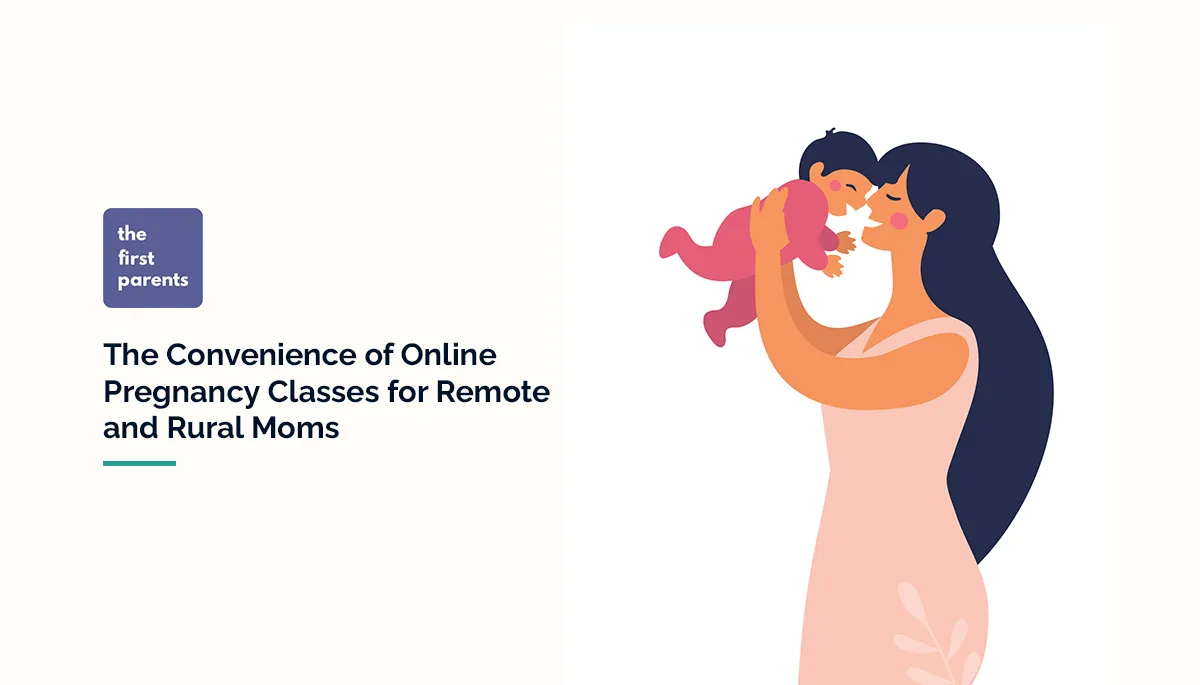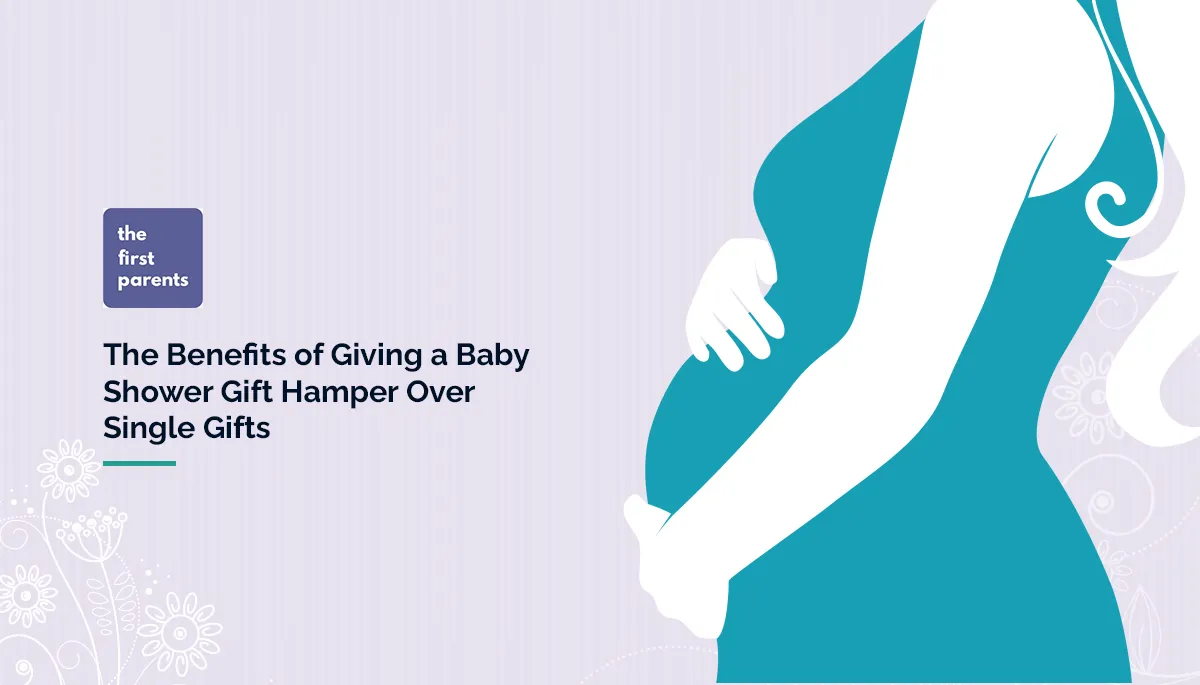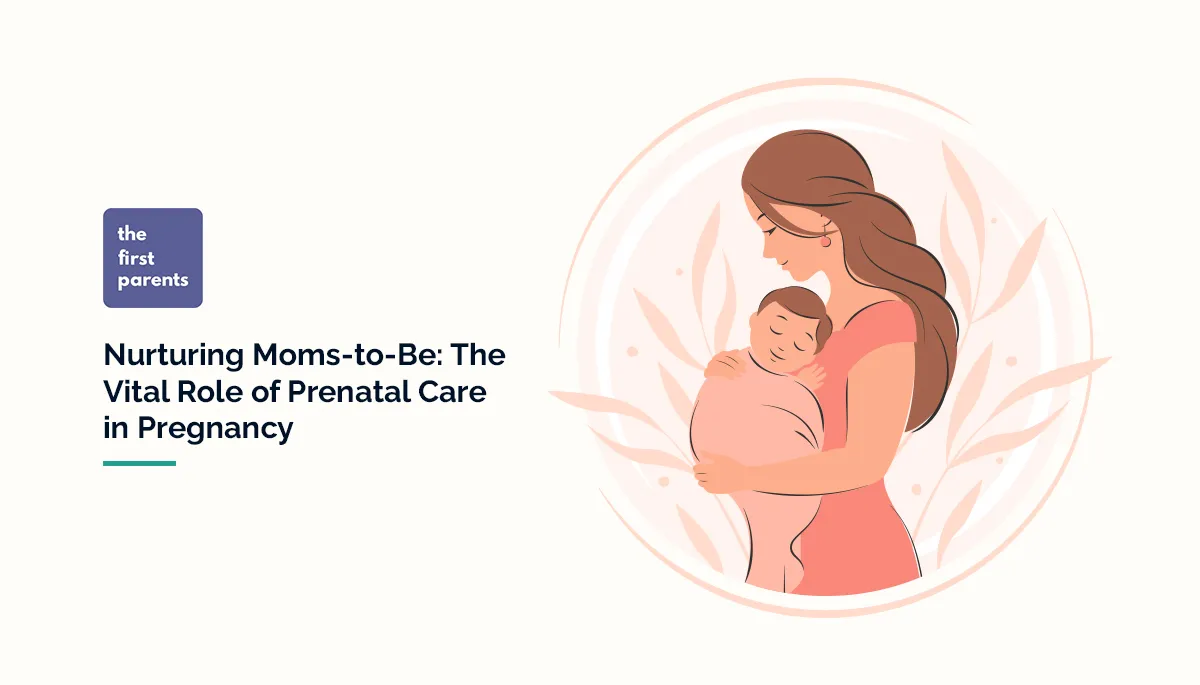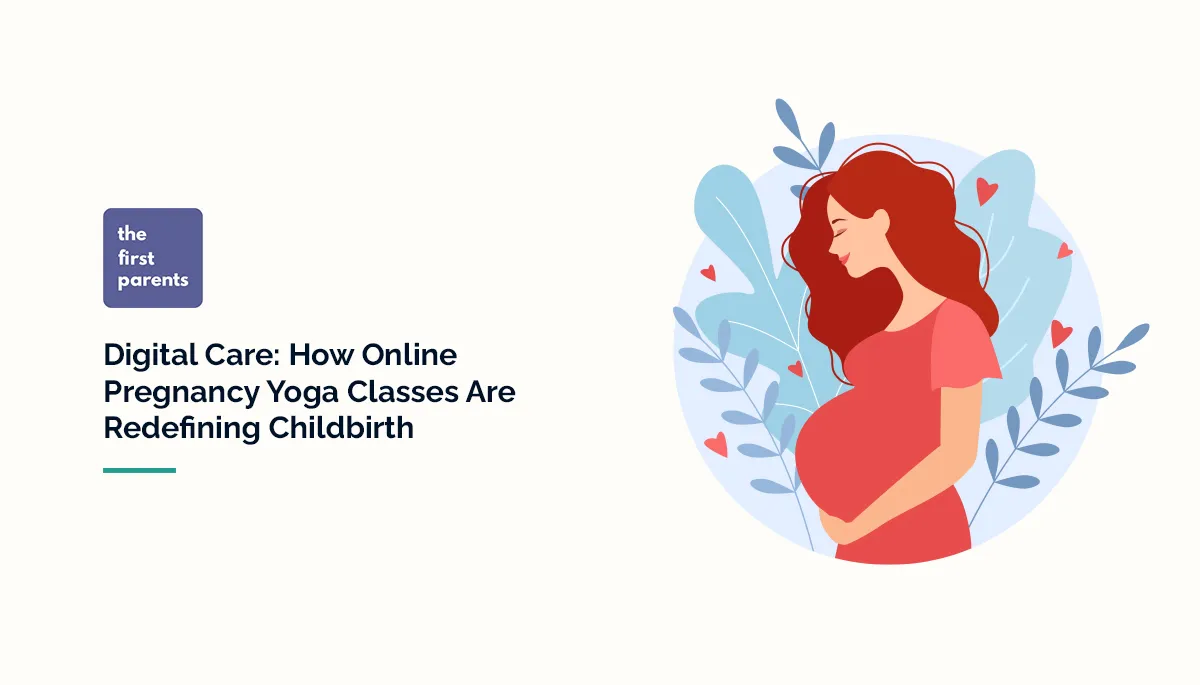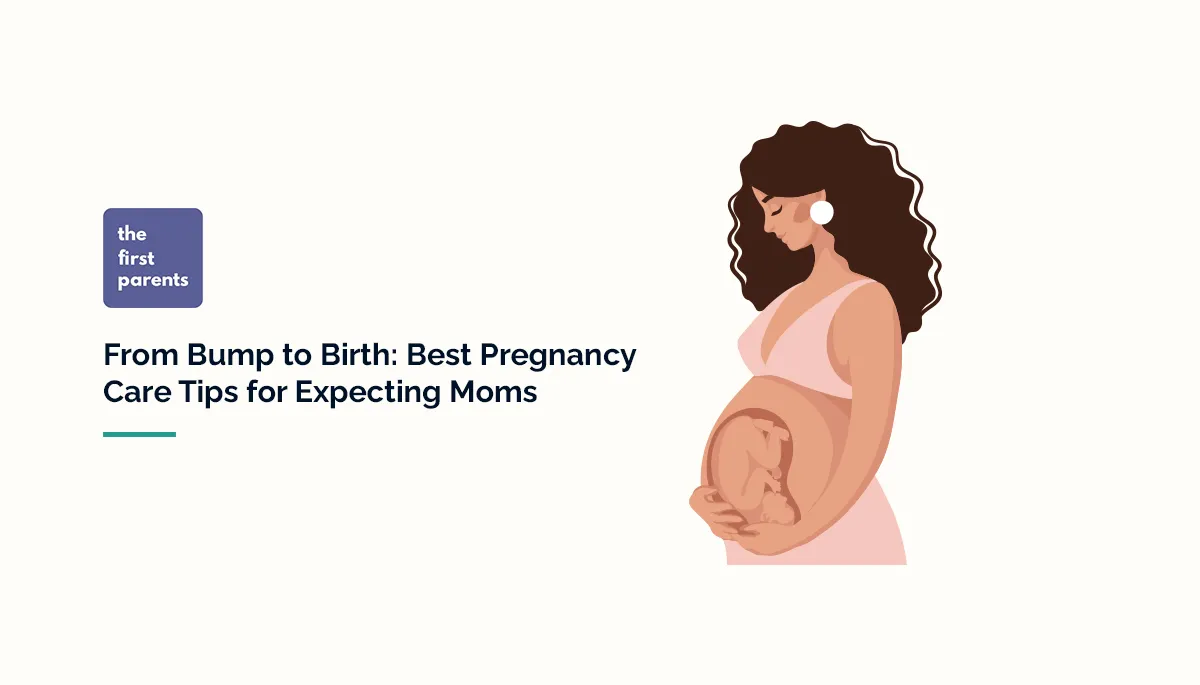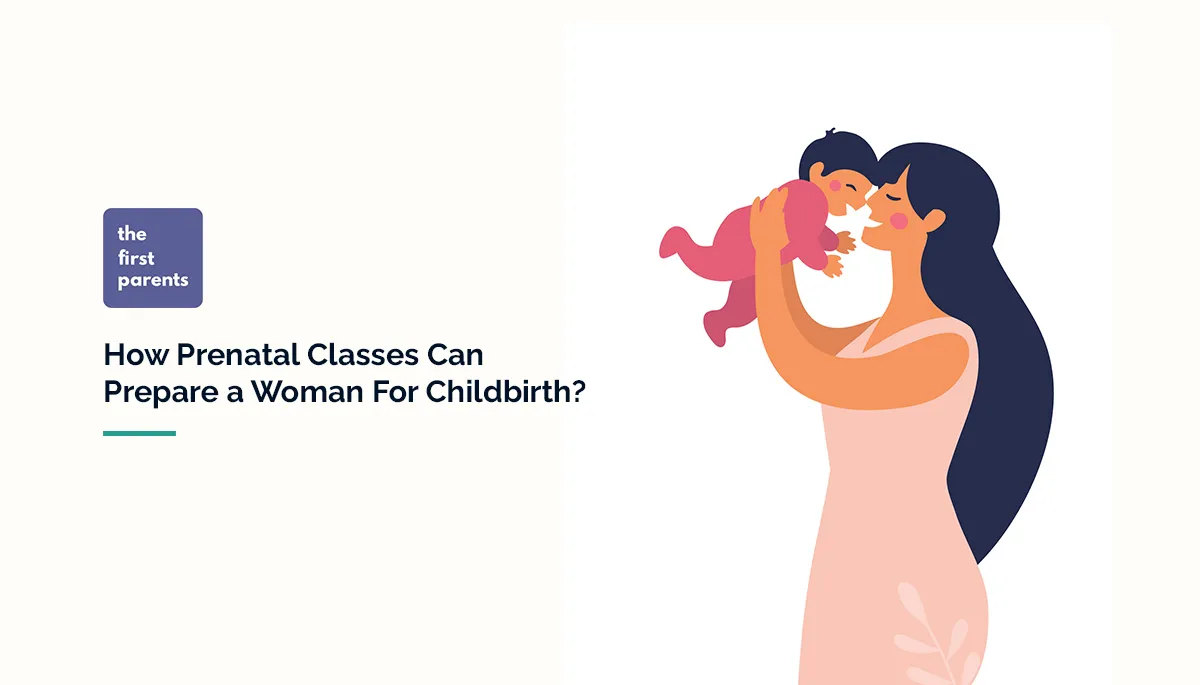Why Every Expecting Parent Should Use a Pregnancy Due Date Calculator
 " alt="" />
" alt="" />
- First Parents
- July 15, 2024
The moment you see those two little lines on a pregnancy test, your world changes forever. Suddenly, you’re floating on cloud nine, your heart racing with a mix of excitement, joy, and perhaps a dash of nervous anticipation. You and your partner exchange wide-eyed glances, both thinking the same thing: “When will we meet our little miracle?”
Doctors or your friends or neighbours may suggest using the pregnancy due date calculator to know about the date. But why exactly should this digital fortune teller become an integral part of your pregnancy planners and journals? In this blog, we will discuss how this small tool can make a big difference in your pregnancy journey.
So, grab your partner’s hand, take a deep breath, and be prepared for this adventure together. After all, the journey of a thousand miles—or, in this case, 40 weeks—begins with a single step—or, in our modern world, a single click on that pregnancy due date calculator!
What is a Pregnancy Due Date Calculator?
The due date calculator will help you get an idea of when your baby will be born. But the date is only an estimate. According to research, only 4% of babies are born on their due date. Knowing the due date will help you prepare for your baby’s arrival.
As a result, expectant parents track health and medical information, record test results and screenings, monitor symptoms and changes, express feelings and thoughts about pregnancy, and record memorable moments in their pregnancy planners and journals.
In addition, your healthcare experts also get an idea of when they should perform tests. Also, you may get to learn about the due date by implying several methods, but most of them are inaccurate. By analysing the results shown in the pregnancy due date calculator, doctors give you a date based on the date of your last menstrual period and the size of the foetus on an ultrasound.
Typically, a baby needs about 38 weeks, or 266 days, to fully develop in the womb. This period forms the basis for calculating your expected due date—the day when you might welcome your little one into the world.
The actual timing of labour and birth is influenced by a complex interplay of factors, including
- Genetics
- Maternal health
- Environmental conditions
Conception, Due Date, and Last Menstruation Date
Conception is the fertilisation of an egg by sperm, typically occurring in the fallopian tube shortly after ovulation. This marks the biological start of pregnancy, though the exact moment is often hard to determine precisely without advanced medical tools.
The due date, or estimated delivery date, is calculated as 40 weeks from the first day of the last menstrual period, though few babies arrive exactly on this day. The last period date is crucial for tracking pregnancy progress and calculating the due date, as ovulation typically happens 14 days after the period starts in a 28-day cycle.
Why Should Expectant Parents Use This Calculator?
There is no doubt that the pregnancy due date calculator is essential for both healthcare experts and expectant parents because it helps them reduce anxiety and allows them to document their pregnancy journey in pregnancy planners and journals.
The expectant parents can easily track important pregnancy milestones and the baby’s growth. On the other hand, doctors schedule important prenatal tests and checkups based on the date. Also, your partner can plan his paternity leave early and make preparations for the baby’s arrival.
Tick Tock, Baby O’Clock: Get Your Due Date Right!
Thanks to the pregnancy due date calculator, expectant mothers now have a timeline according to which they can organise their pregnancy planners and journals. It’s true that the journey to parenthood is filled with unknowns; having a date will help you get a sense of structure as you await your little one’s arrival. If you want to calculate your due date and write down cherishable memories like the first kick inside the womb of your little one, contact The First Parents.
Verified By The First Parents






